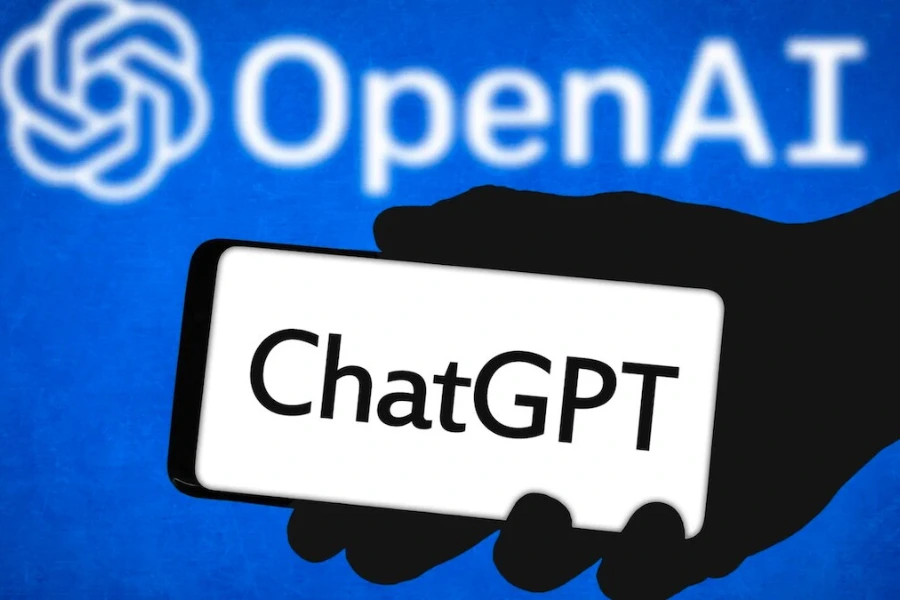
OpenAI has recently unveiled a major ChatGPT 2025 update that’s receiving positive coverage globally — and tech lovers in India are excited, as well. The revised memory feature allows ChatGPT to recall things you have previously shared in past conversations, and to help you better interact with the tool in the future, in a more flowing, smarter, and personalized manner.
This update is a part of a growing trend toward personalization in AI, as companies utilize AI tools that learn from user behavior to help users achieve better results. With recent breakthroughs in technology both in India and abroad, the new ChatGPT features are designed to better interact with AI.
What is ChatGPT memory?
Think of a virtual assistant that remembers your favorite meals, knows about your allergies, and can plan a trip based on your past preferences? This is a possibility with the memory function in ChatGPT. From diet choices to travel plans, the AI can retain important details you’ve shared — this really helps create a more human like interaction as opposed to something that feels robotic.
According to Sam Altman, the OpenAI CEO, “We have improved the memory in ChatGPT a lot—ChatGPT can now remember everything you’ve ever said to it!” This is a surprisingly impressive feature that gets to something we’re really excited about: AI systems that know you over your lifetime and become very useful and personal to you.
How Does It Work?
ChatGPT has memory in two different forms:
- Stored Memory: This is specific information you have asked ChatGPT to remember, such as, “I have a peanut allergy,” or, “I’m learning Spanish.”
- Contextual Recall: ChatGPT is able to reference past conversations to recognize trends, like your writing style, preferred topics, or interests.
Yes, it works in conversations with text, voice, and images. Looking to teach it something new? Just say, “Just so you remember, I’m from Bangalore,” and it saves! Unsure what ChatGPT knows about you? Just ask, “What do you think of when you think of me?”
Complete Control of Your Data
OpenAI has guaranteed that user privacy is a major emphasis. You can:
- View what ChatGPT remembers
- Remove individual memories
- Clear all dataTurn memories off altogether
- Utilize a Temporary Chat feature for confidential one-off conversations.
This flexibility ensures that users always have control of their information.
Improving Work and Learning
OpenAI is also expanding memory features for Enterprise and Edu users. As of February 18, 2025, there will be a memory increase of 20% giving professionals and students more memory with which to train their AI assistants.
This could have important implications for classrooms and workplaces and developers in India, as tech-enhanced learning and teamwork continue to flourish.
Why This Matters for India
India has a high probability to benefit from innovations like this due to its rapidly developing digital infrastructure, and growing use of AI. Millions of users leverage AI for education, writing, mental health support, and productivity; the recent technology in India, is focusing on personalization and increased automation.
This capability is more than a fad – it offers a glimpse into the future of AI companionship, which suggests digital assistants will begin to know our patterns and preferences intimately.
The ability for ChatGPT to remember and personalize interactions is moving ChatGPT to a state of development beyond a chatbot. It’s becoming like a virtual companion. As this tool continues to develop, users in India and around the world will see engagements that are increasingly useful, efficient, and human-like. As OpenAI is making this effort, and India rapidly embraces intelligent technology, these developments are further steps in changing how we engage with machines — improving their responsiveness, intelligence, and overall sense of understanding who we are.





